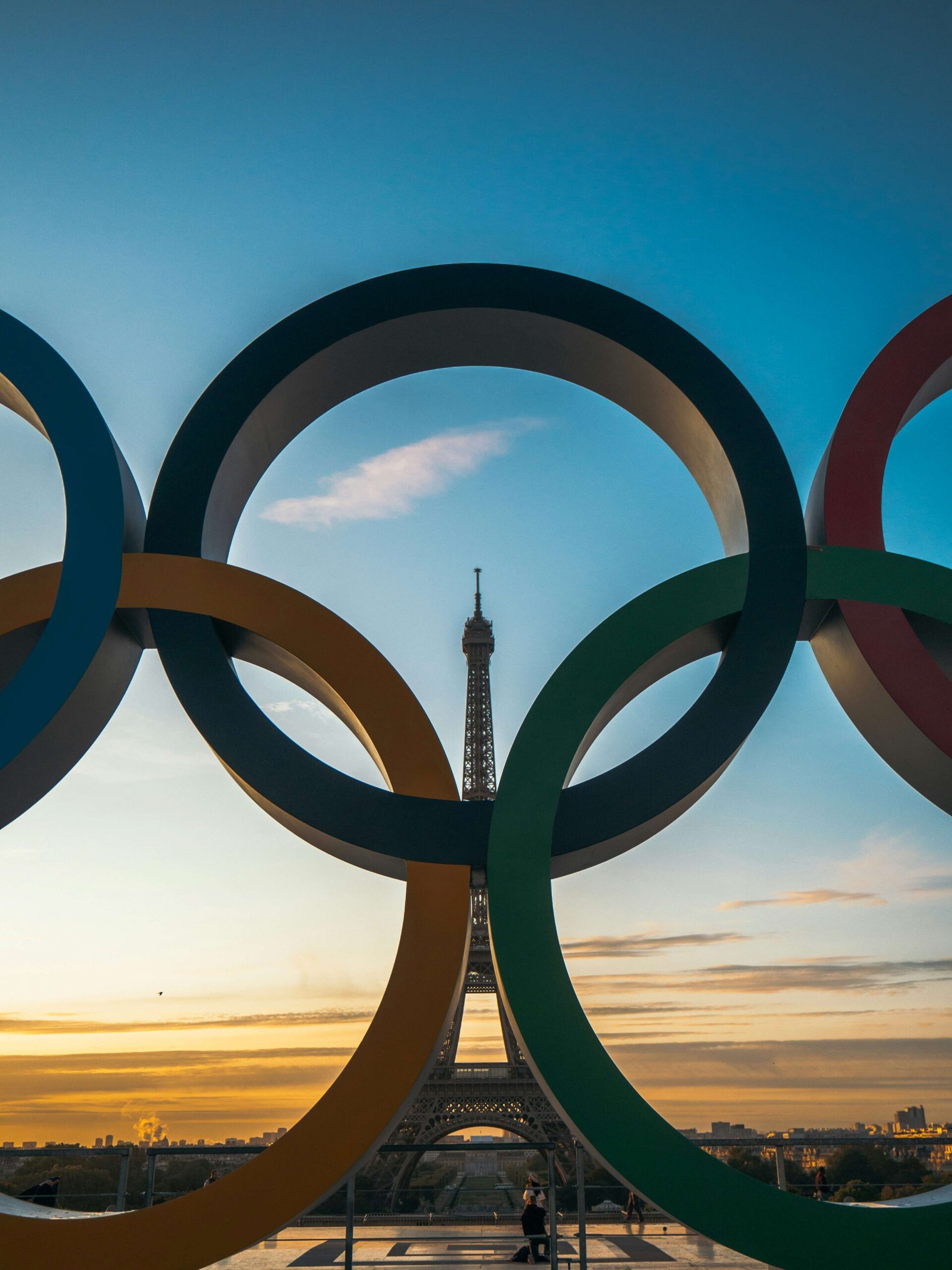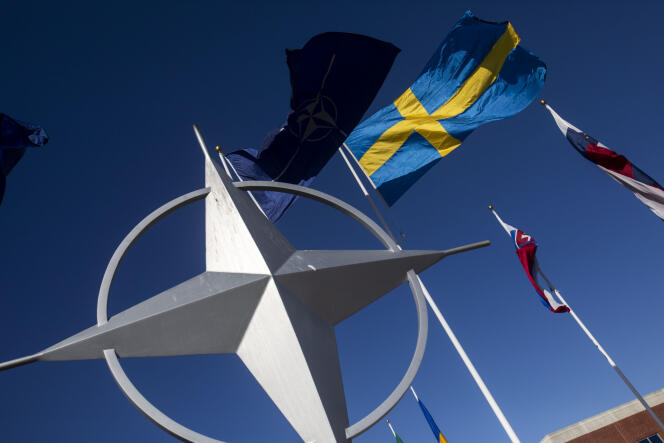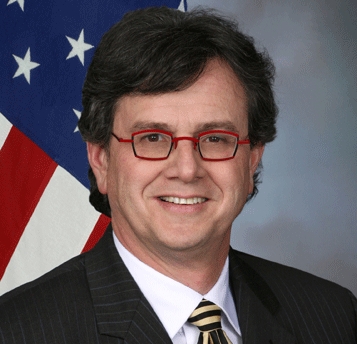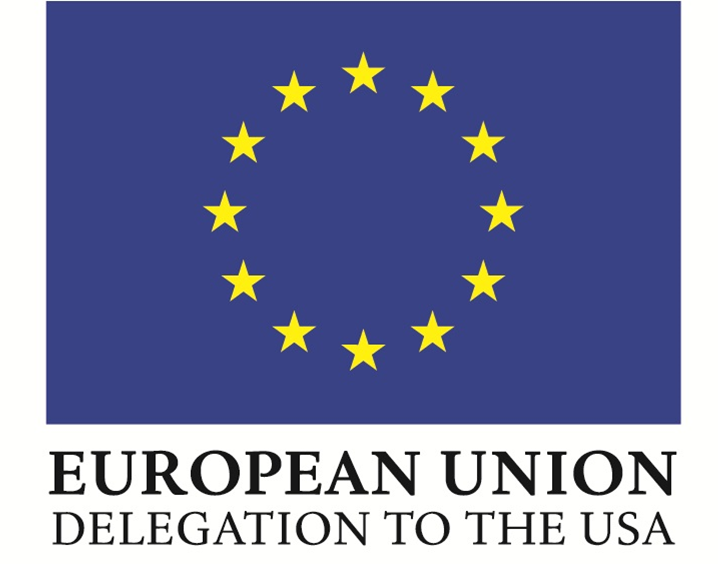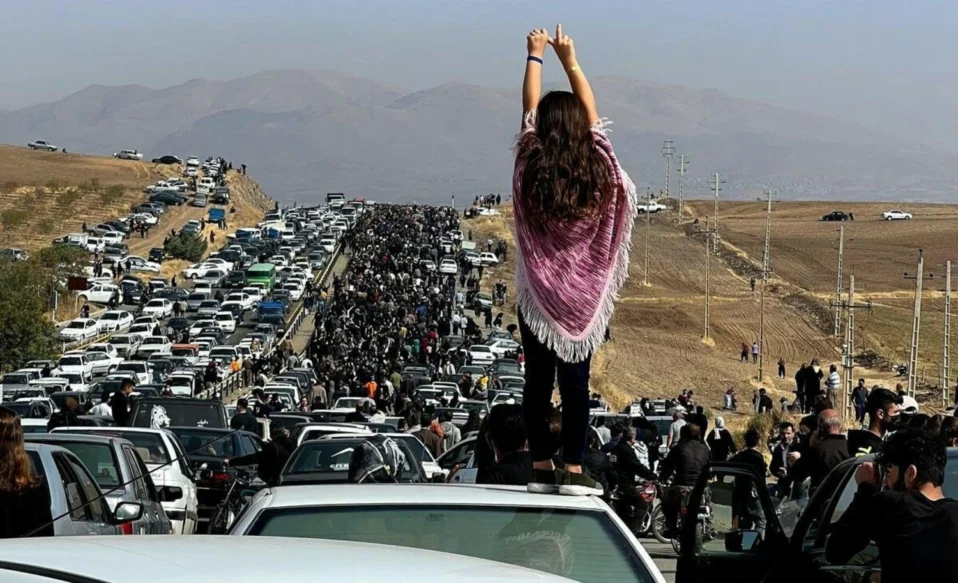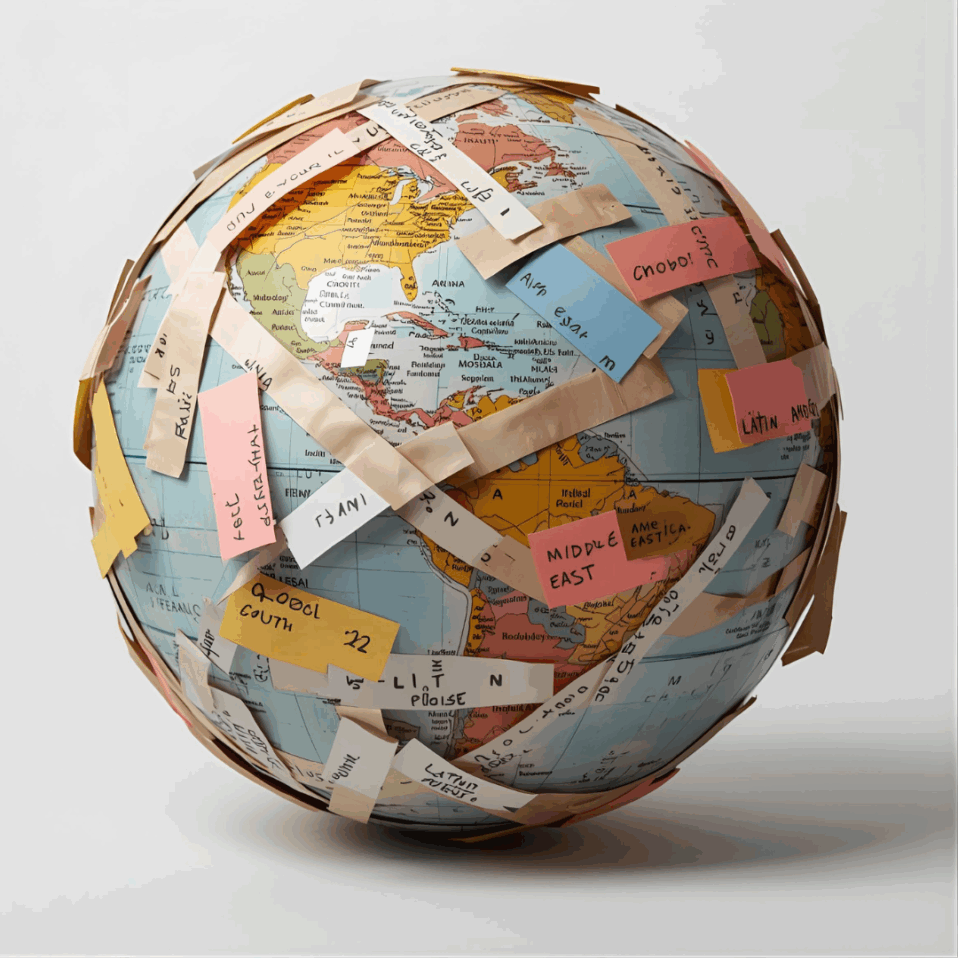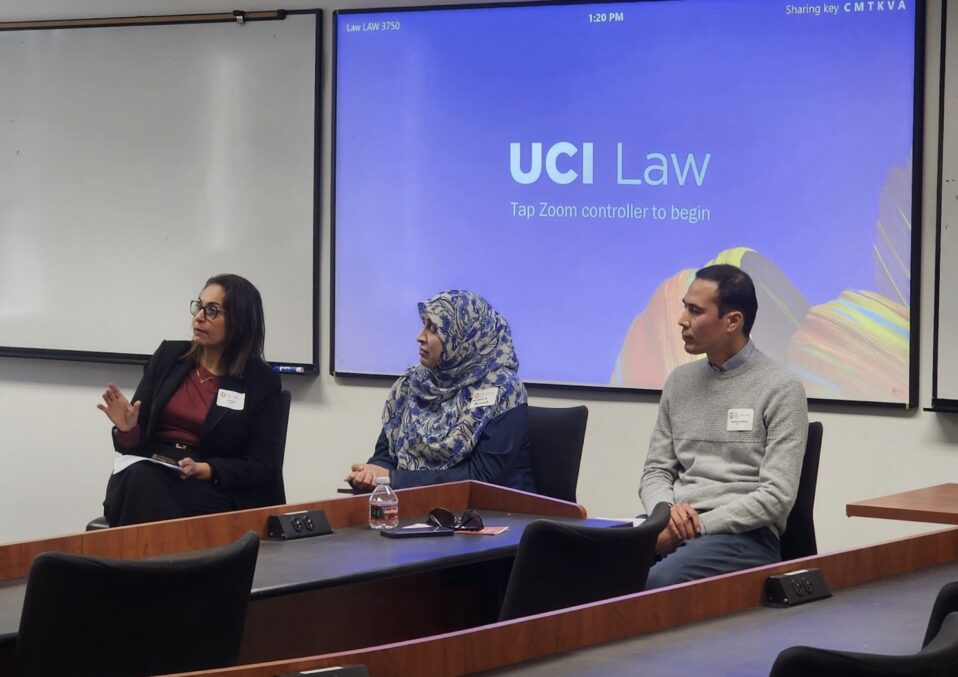As the Paris 2024 Summer Olympics are set to begin in four months’ time, taking account of the security preparations needed to deter terrorism and other acts of violent extremism that could threaten the Games’ safety is a necessary task. While international sporting events and other large public gatherings always hazard becoming potential targets for terrorists, the ongoing Israel-Hamas War substantially heightens the risks involved in the Paris 2024 Games.
In particular, Jewish and Israeli athletes face a greater risk of being targeted, and French authorities will need to take considerable efforts to ensure that the Games’ grounds are secure and adequately patrolled and monitored to mitigate the danger. The failure to enact sufficient security protocols hazards the occurrence of an attack reminiscent of the Munich massacre, when members of the Palestinian militant organization Black September infiltrated the Olympic Village at the Munich 1972 Olympic Games, kidnapping and then killing eleven members of the Israeli team.[1]
Security Challenges
Paris has experienced devastating terrorist attacks before. On January 7, 2015, two gunmen stormed the Charlie Hebdo magazine office, killing twelve people. The attack was followed by a second two days later at the Hypercacher kosher supermarket, in which four more people were killed. Later that year on November 13, a series of suicide bombings and shootings took place throughout Paris,
including an attack on the Bataclan theatre in which 90 people were killed.[2] In both attacks, the perpetrators had sworn allegiance to either al-Qaeda or the Islamic State. More recently, law enforcement agencies in Europe have reported an uptick in the number of terrorist plots that they have uncovered over the past several months, adding that these foiled plots reveal an increased involvement on the part of Iranian-backed proxy groups such as Hezbollah and Hamas.[3]
The Paris 2024 Games come with a variety of security challenges. Not only does the current unrest in Gaza raise the specter of potential attacks by pro-Palestinian terrorist organizations, but the move to conduct the Games’ opening ceremony outside of a stadium venue – a first for any Summer Olympic Games – poses a unique hurdle. The opening ceremony, set to take place on July 26, is planned to consist of a flotilla of the Olympic teams down the River Seine. Effective surveillance and crowd control over such a broad area will be extremely difficult, and French security forces will need to make a concerted effort to coordinate their communication both with one another and with Games personnel in order to carefully manage the event.
To address this challenge, France will deploy some 40,000 police officers and 20,000 private security personnel along the River Seine during the opening ceremony to help ensure public safety.[4] In an effort to facilitate crowd control, French officials have also cut the number of permitted spectators for the opening ceremony from an initial allowance of 600,000 down to roughly half that number, and they will further require visitors and residents to use QR codes to gain entry into certain controlled areas.[5] Additionally, French President Emmanuel Macron has announced that France has a variety of contingency plans in place should events leading up to the Games warrant a change in the ceremony’s format.[6] Government posters in Métro stations have also advised Parisians to work from home during the Games in order to reduce strain on public transportation, and French military forces have even prepared special anti-drone units.[7]
These actions are prudent and will likely help render the Games a more manageable event for security personnel. Nonetheless, the following recommendations are additional steps that French officials can take to reduce the risk of a terrorist attack occurring at the Games.
Practice Targeted Strategic Communication
First, French officials should engage in strategic communication with the public. Such strategic communication can, first and foremost, be preparatory and proactive. This includes measures such as educating the French public in the protocol for reporting suspicious activity, which might entail setting up a multilanguage hotline that the public can call or text. It also means educating the public in what constitutes suspicious activity, although this must be done carefully to avoid inadvertently promulgating stereotypes.
Additionally, officials must inform the public in advance of what to do in the event of a terrorist attack, which response might be built off the “Hide-Run-Fight” model used in the United States during active shootings. French officials need to also coordinate with Games personnel to relay this important information to international ticket holders before their arrival in Paris. At the same time, however, French officials should reassure the public of the low probability of such an attack occurring and emphasize the efforts that security forces have taken to provide a safe environment for spectators and athletes alike.
Strategic communication can also deal with managing active crises. French officials should have in place crisis response plans for different types of terrorist attacks including shootings, bombings, hostage crises, cyber attacks, and even pathological or radiological events. French officials must ensure that not only are all security forces – police, military, and private – aware of the proper protocols to be followed in such situations, but that public officials and Games personnel are knowledgeable of them as well. French officials must take the time to drill and coordinate their responses with one another in order to facilitate effective communication in the event of an actual terrorist attack.
Conduct Inspections, Rehearsals, and Drills
Second, French security forces should begin undertaking preliminary inspections of Games premises well in advance of the start of events. Doing so will increase familiarity with these grounds and reveal potential weak points that need to be hardened in order to deter their exploitation. Greater familiarity
with patrol routes also provides security forces with the opportunity to discern these routes’ vulnerabilities and blind spots. Security forces should also conduct periodic exercises in which they perform basic crowd control management in order to gain on-the-ground insight into how these checkpoints might be avoided by those with malevolent intentions endeavoring to bypass security.
Security forces would also benefit from running off-site drills rehearsing their response to various types of potential terrorist attacks at mockups laid out according to key Games premises. Running such drills would provide security forces with increased familiarity with timing and terrain, enabling more facile responses in the event of an actual attack. At the very least, commanding officers should simulate their crisis communication responses to improve timing and clarity. Additionally, commanding officers of security forces must see to it that security personnel – especially private contractors – undergo rigorous background screenings. While such screenings should be routine, conducting them before the Games begin may help detect, for instance, social media posts that express hateful sentiments toward Jews and Israelis or any other anti-Western beliefs.
Leverage Technology
Finally, security forces are advised to take advantage of a wide range of technological capabilities in order to simplify and bolster their safeguarding of the Games. In addition to visual feeds from cameras, drones provide an exceptional tool for monitoring crowds and quickly surveying large areas. Security forces should also take advantage of the expertise that defense specialists in cyber and information operations can provide. An often overlooked but crucial component of ensuring the safety of the Games is the effective monitoring of social media and discussion forums. This monitoring not only allows security forces to gauge public opinion and perceptions of security forces’ conduct and actions, but it also facilitates the detection of any plans by malevolent actors to engage in violent acts. In the months leading up to the Games, French security services would benefit from monitoring online chatter about the Games on discussion forums and social media sites known to host extremist sentiments. As a final point of consideration, French security forces must also liaise with their counterparts in the energy and transportation sectors to help deter the risk of cyber attacks against roadways, waterways, utilities, and other infrastructure.
Concluding Thoughts
Securing the safety of the Paris 2024 Games will require careful coordination among a number of different government ministries and private entities. French officials and security forces should wisely use these remaining four months to improve their interagency communication. They must also foster an environment that values integrity and transparency about the challenges present in providing spectators and the French public with a safe experience in order to ensure that problems are addressed before they can be exploited. Despite these challenges, by engaging in proactive strategic communication with the public, undertaking preliminary inspections and drills, and utilizing the wide range of technologies at their disposal, French officials and security forces can take significant and substantial steps toward deterring terrorism at the Paris 2024 Games.
Author Bio: Mason W. Krusch is a master’s candidate in the Global Studies and International Relations program at Northeastern University (Boston, MA). His research interests include Eurasian security, unconventional warfare, information warfare, and strategic communication. He holds a BA in history from the University of North Carolina at Chapel Hill.
Notes
[1] James Doubek, “50 Years Ago, The Munich Olympics Massacre Changed How We Think about Terrorism,” NPR, September 4, 2022,
https://www.npr.org/2022/09/04/1116641214/munich-olympics-massacre-hostage-terrorism-israel-ger many.
[2] “What Happened at the Bataclan?” BBC News, December 9, 2014,
https://www.bbc.com/news/world-europe-34827497. [3] Bojan Pancevski and Bertrand Benoit, “A New Terror Threat Is Emerging in Europe Linked to Iran, Gaza War,” The Wall Street Journal, March 12, 2024,
https://www.wsj.com/world/europe/a-new-terror-threat-is-emerging-in-europe-linked-to-iran-gaza-war -fb297119.
[4] Jens Krepela, “Olympics a ‘Huge Challenge’ for France’s Security Agencies,” Deutsche Welle, December 22, 2023,
https://www.dw.com/en/olympics-a-huge-challenge-for-frances-security-agencies/a-67801883. [5] Victor Goury-Laffont, “France Slashes Olympics Opening Ceremony Crowd Size amid Terror Attack Fears,” Politico, March 5, 2024,
https://www.politico.eu/article/france-slash-olympics-opening-ceremony-crowd-size-terror-attack-fear -emmanuel-macron/.
[6] “Macron Says Paris Ready to Deal with Olympic Terror Threat,” Deutsche Welle, December 21, 2023,
https://www.dw.com/en/macron-says-paris-ready-to-deal-with-olympic-terror-threat/a-67789496.
[7] Angelique Chrisafis, “‘It’s Like Covid All Over Again’: Olympic-sized Trepidation Strikes Paris,” The Guardian, March 9, 2024,
https://www.theguardian.com/sport/2024/mar/09/its-like-covid-all-over-again-olympic-sized-trepidati on-strikes-paris; Julien Pretot, “Anti-drone Units a New Tool to Keep Paris 2024 Safe,” Reuters, March 14, 2024,
https://www.reuters.com/sports/anti-drone-units-new-tool-keep-paris-2024-safe-2024-03-14/.


